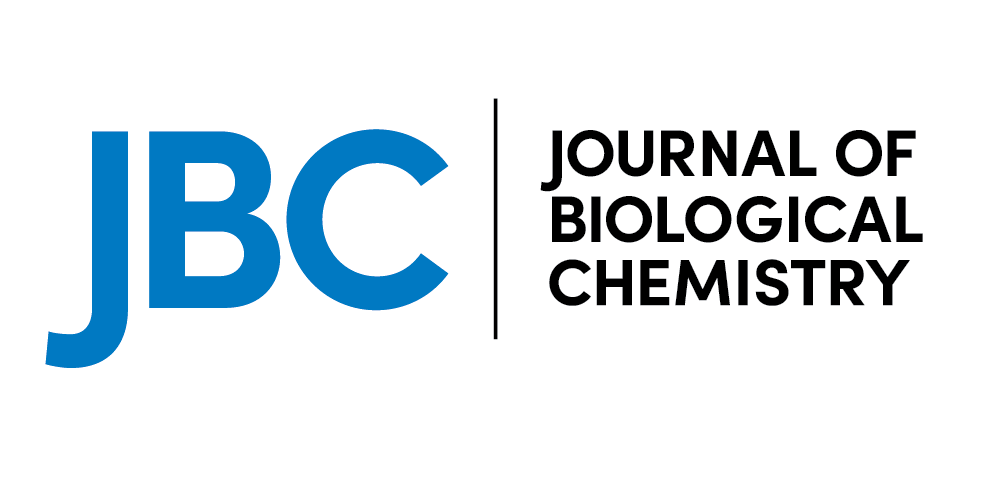
The integrin-binding secreted protein developmental endothelial locus-1 (DEL-1) is involved in the regulation of both the initiation and resolution of inflammation in different diseases, including periodontitis, an oral disorder characterized by inflammatory bone loss. Here, using a mouse model of bone regeneration and in vitro cell-based mechanistic studies, we investigated whether and how DEL-1 can promote alveolar bone regeneration during resolution of experimental periodontitis. Compared with WT mice, mice lacking DEL-1 or expressing a DEL-1 variant with an Asp-to-Glu substitution in the RGD motif (“RGE point mutant”), which does not interact with RGD-dependent integrins, exhibited defective bone regeneration. Local administration of DEL-1 or of its N-terminal segment containing the integrin-binding RGD motif, but not of the RGE point mutant, reversed the defective bone regeneration in the DEL-1–deficient mice. Moreover, DEL-1 (but not the RGE point mutant) promoted osteogenic differentiation of MC3T3-E1 osteoprogenitor cells or of primary calvarial osteoblastic cells in a β3 integrin–dependent manner. The ability of DEL-1 to promote in vitro osteogenesis, indicated by induction of osteogenic genes such as the master transcription factor Runt-related transcription factor-2 (Runx2) and by mineralized nodule formation, depended on its capacity to induce the phosphorylation of focal adhesion kinase (FAK) and of extracellular signal–regulated kinase1/2 (ERK1/2). We conclude that DEL-1 can activate a β3 integrin–FAK–ERK1/2–RUNX2 pathway in osteoprogenitors and promote new bone formation in mice. These findings suggest that DEL-1 may be therapeutically exploited to restore bone lost due to periodontitis and perhaps other osteolytic conditions.

Δεν υπάρχουν σχόλια:
Δημοσίευση σχολίου